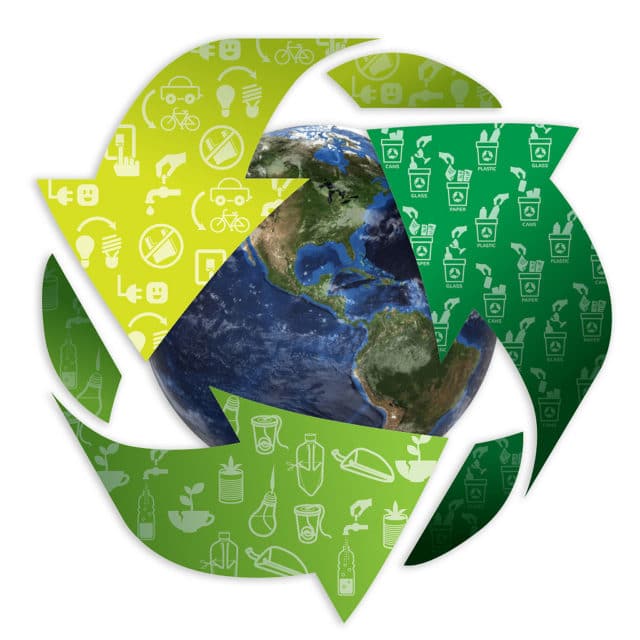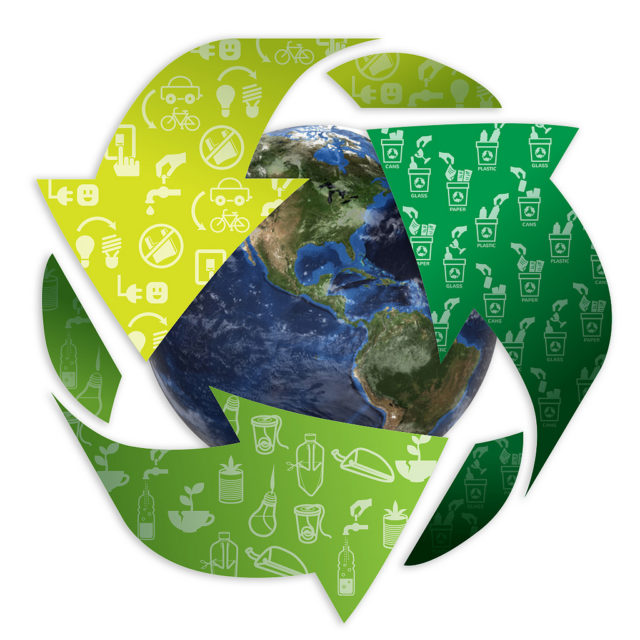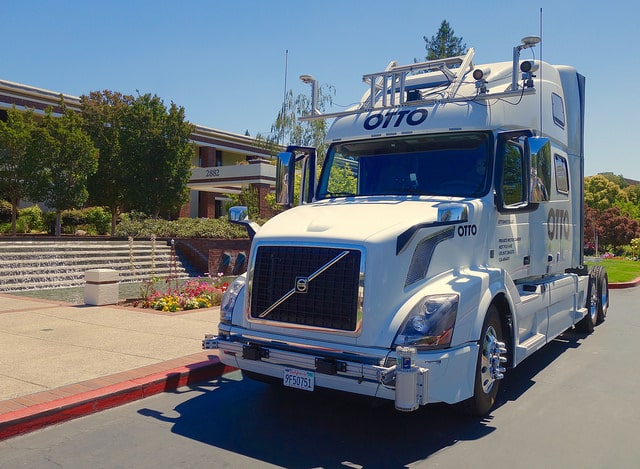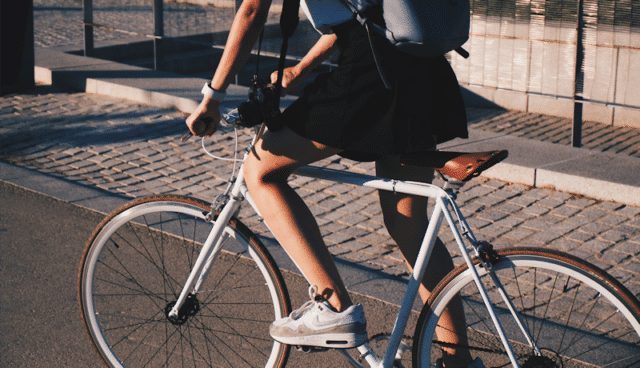
Environmentally-Friendly Ways to Remove Hazardous Materials Commonly Found in Homes
Everybody wants their home to be a safe haven for themselves and their family. However, very few are aware that we actually have plenty of hazardous materials lying around in our homes. While hazardous materials are a health issue as is, when you try to dispose of them in the wrong way, they become an environmental issue as well. This is how you should remove such materials from your home.
Batteries
In the United States, it’s illegal to throw any sort of battery in the trash, so when you want to dispose of them, you should take them to a place where they can be recycled. Of course, it seems ridiculous to drive to a recycling place just so you could drop off a couple of small batteries, so why not make a plan which will make battery recycling easier? Use a big bucket for storing used batteries, and make sure you keep it in a dry and cool place. Even if you recycle them, batteries create a lot of waste, so instead of buying a lot of them, why not use rechargeable batteries? Not only do they last longer, but they reduce the amount of waste you create.
Asbestos
If you’re thinking of remodelling your home, it can be a simple and easy family project, or a dangerous one, especially if there are traces of asbestos in your floors and walls. Just for comparison, every house in Sydney that’s been built before the early 2000s contains traces of this dangerous material, which is why preventive asbestos testing in Sydney is very popular among people who decide to remodel an old house. This is always a wise move as exposure to asbestos fibres can lead to asbestosis or even lung cancer. When your house is asbestos-free, you’ll be able to use some of the more environmentally-friendly insulating and flooring options.
Household cleaners
Household cleaners are always tricky, but here are a few simple rules for you to follow: if you’re mixing the cleaners with water, it means they’re water-soluble and they can be poured down the drain. Make sure you use running water when disposing of them regardless if they’re liquid, gel or powder. Solid products, such as soap scouring pads and sticks, can safely be placed in the trash. On the other hand, when it comes to oven cleaners, crystal drain openers and furniture polishes, you should try contacting the manufacturer by calling the toll-free number they have on the label. You can also make your own eco-friendly, DIY cleaners to avoid using any harmful chemicals or toxins.
Medicine
Sometimes we have a box of pills or bottles of syrup ‘just in case’, but what should you do with them once they expire? Put all of your pills in a Ziploc bag but don’t crush them. The thing you should keep in mind before you take your old pills to be recycled is very few recycling facilities will be able to accept any controlled substances. Even if you have a prescription for drugs such as Zoloft, Vicodin, Codeine, Valium, and Adderall, do your research first and find out which facilities will accept them. If there aren’t any such places in your area, you can mix the capsules and tablets with some unpalatable substance such as dirt, used coffee grounds or cat litter and throw them in the household trash.
Automotive products
Our cars need a lot of care and attention if we want them to work properly, but sadly, a lot of products we need for our vehicles are hazardous. If you have any leftover antifreeze or motor oil, don’t pour it on the ground, in the sewer, or down the storm drain. Make sure your antifreeze is changed at a garage that’ll be able to recycle it and always buy recycled or low-toxic antifreeze since these are safer for the environment. In Atlanta and Florida, there are auto part stores which will recycle your used motor and gear oil.
If you follow these ways to dispose of hazardous materials from your home, you will not only ensure that your family is safe, but that the environment is safe as well. Simply by taking the necessary precautions, you’ll be able to protect yourself, those you love, and the planet from dangerous materials and chemicals which would otherwise have a bad impact on your health.
Author bio: Will Sandford is a Sydney based environmentalist, blogger and contributor on interior design and ecology blogs. Besides that, he is also interested in home improvement combined with newest green technologies. In his spare time, Will enjoys surfing and rock climbing. Connect with him on Twitter.




Post a comment